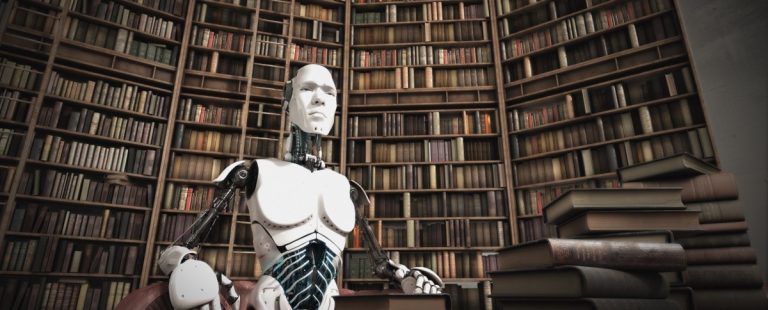
A prominent educationist predicts that robots would begin replacing teachers in the classroom in the next 10 years, as innovators look to revolutionise one-to-one learning.
According to The Telegraph, the Vice-Chancellor of the University of Buckingham, Sir Anthony Seldon, says traditional academic teaching was expected to be redundant with the advent of intelligent machines adapted to suit the learning styles of individual children.
He said developers in Silicon Valley were working on programmes that would be able to read the brains and facial expression of pupils, making them adaptable to the communication needs of the students.
As the robots were personalised, automated teaching is tipped to end grouping children in classrooms, but rather enabling students to learn new things at their own pace.
“It will open up the possibility of an Eton or Wellington-style education for all,” Sir Anthony was quoted as saying.
“Everyone can have the very best teacher and it’s completely personalised; the software you’re working with will be with you throughout your education journey.”

The prominent educationist said the teaching machines would be “extraordinarily inspirational”. Source: Shutterstock
However, he said there were concerns on “infantilising” pupils and teachers and that is why the new technology needed to be carefully introduced.
While the robots were predicted to replace the teacher’s direct role, the human educators would not be made redundant. Instead, the teachers’ would take on the role on “overseers” who monitor the progress of individual pupils and lead non-academic activities, apart from providing support.
Sir Anthony said automated teaching would see only 30 per cent of school time will be spent in class.
Sir Anthony, a contemporary historian who has written biographies of David Cameron, Tony Blair, John Major and Gordon Brown, made this prediction is his new book, The Fourth Revolution”, which is expected to be released next year.
“The impact is going to be massive,” he said.
“This is beyond anything that we’ve seen in the industrial revolution or since with any other new technology.”
He also said the teaching machines would be “extraordinarily inspirational”.
“You’ll still have the humans there walking around during school time, but in fact, the inspiration in terms of intellectual excitement will come from the lighting-up of the brain which the machines will be superbly well-geared for.
“The machines will know what it is that most excites you and gives you a natural level of challenge that is not too hard or too easy, but just right for you,” he said.
Liked this? Then you’ll love these…
5 courses to graduate in so robots won’t steal your job
If robots can read and write better than us, it’s time to reform education – TED 2017







